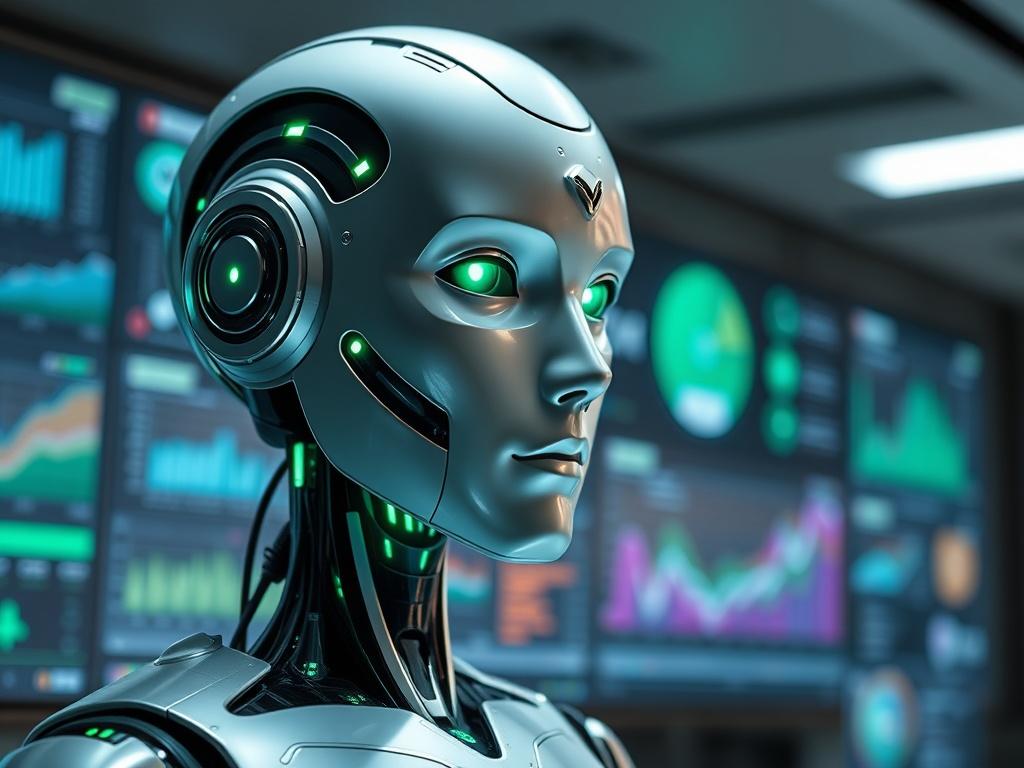
This week, Riyadh became the epic enter of global security dialogue. Under the patronage of the Ministry of Interior and in collaboration with leading national and international partners, the Future Security Summit 2025 convened key decision-makers, security innovators, and global thought leaders to chart a course for what lies ahead.
Why HARIS?
HARIS exists to augment expert judgment, not replace it. Built for secure environments and leadership contexts, HARIS supports the Chairperson by:
- Context in real time: Summaries, key takeaways, and next-step checklists.
- Operational discipline: Timekeeping, agenda guidance, and incident-ready prompts.
- Data integrity: Privacy-first retrieval and transparent governance.
- Decision support: Option framing, implications, and accountability cues.
Design principles: Human-in-the-loop by default, ethical AI guardrails, auditability, and minimal-necessary data access.
Opening the Summit—Together
The Chairperson and HARIS opened Day 1 with a simple commitment: outcomes over optics. We framed the day around three imperatives:
- Integrate by design — fuse physical, cyber, and human layers using open, interoperable standards.
- Collaborate at speed — align doctrine, share intelligence, and move from siloed work to joint operations.
- Elevate talent — blend veteran expertise with digital-native capability; invest in the next generation.
Agenda Highlights
Leadership Keynote
A strategic call to strengthen national and cross-sector resilience—linking capability building, information sharing, and operational readiness.
Panel: Beyond Borders—Regional & Global Cooperation
A practitioner-led discussion on maritime security, Red Sea stability, disaster risk reduction, and transnational crime—underscoring that threats are networked; responses must be, too.
Focused Briefings
- International Cooperation Frameworks: Aligning national mandates with international agreements for interoperable response.
- Cyber-Physical Convergence: Managing risk where IT, OT, and physical domains meet.
- Securing AI: Building safe, sovereign, and resilient AI ecosystems.
- Mega-Event Operations: Field-tested lessons on crowd safety, crisis management, and multi-agency coordination.
Open Standards & Interoperability
A deep dive into why open interfaces (e.g., ONVIF) and shared data models beat vendor lock-in for lifecycle resilience.
Giga-Project Security & Sustainable Development
Embedding tailored protection from master planning to operations—without trading off guest experience or sustainability outcomes.
Industrial Resilience & Threat Assessment
Intelligence-led controls for energy, mining, and manufacturing; practical methods to secure the built environment and turn “mess to excellence.”